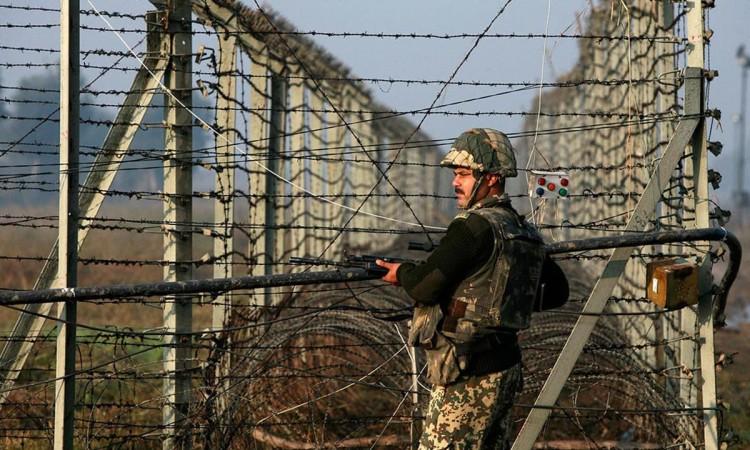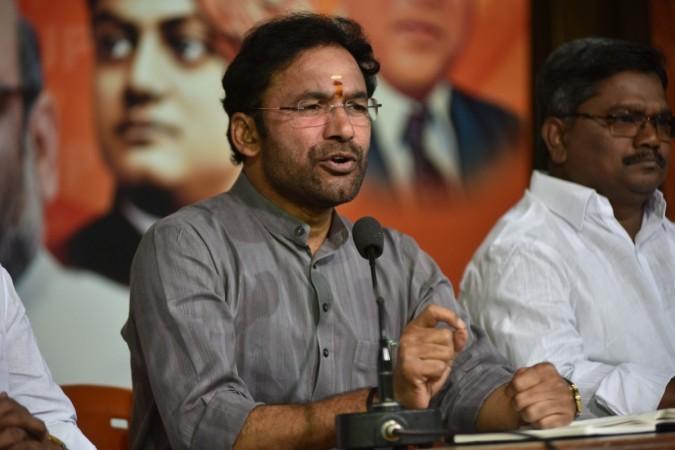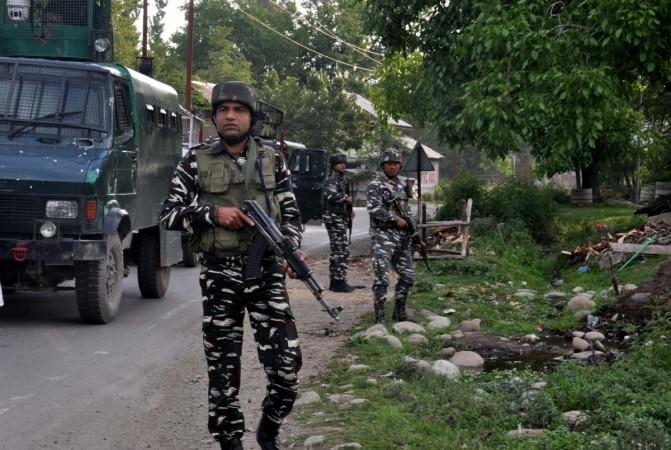
Union Home Ministry said on Tuesday, December 3, that the incidents of terrorist violence have declined after the abrogation of the special status granted to Jammu and Kashmir through Article 370.
In a written reply to questions regarding terrorist violence J&K, Union Minister of State for Home Affairs G Kishan Reddy said in Lok Sabha that there have been 88 such incidents during the 115 day period from 5th August till 27th November, as compared to 106 such incidents from 12th April till 4th August.
On the other hand, Reddy said that the incidents infiltration attempts from across border have increased. "There has been an increase in the number of infiltration attempts from across the border. During the 88 day period from 5th August 2019 - 31st October 2019 there have been 84 such attempts as against 53 such attempts from 9th May 2019 - 4th August 2019," the MHA stated.
India's stance against terrorism
Reddy said that the security forces are taking proactive measures against terrorists, complying to government's policy of zero tolerance towards terrorism. Speaking at the second 'No Money For Terror' conference earlier in November, Reddy had reiterated India's stance and called global action against terrorism.
The Union Minister of State had said that despite the killing of AL Qaeda chief Osama Bin Laden in 2011, several active affiliates of the terror outfit still exist in many parts of the world. Reddy cautioned that despite the recent elimination of Islamic State chief Abu Bakr Al-Baghdadi, there was no room to construe that the Caliphate would cease to survive.

Reddy had proposed four points for inclusion in the resolution that include terrorism as a single biggest threat to peace, security and development; nations must expedite the finalisation of a Comprehensive Convention on International Terrorism under the UN; and Financial Action Task Force (FATF) standards must be effectively enforced and UN listings or the global watchdog for money laundering and terrorist financing should not be politicised.
Cross-border tension
The Indo-Pak border parametres were on high alert since the abrogation of Article 370. Pakistan had sought to internationalise the issue and made provocative statements regarding a possible war between the nuclear countries.
Pakistan Prime Minister Imran Khan had met Chinese President Xi Jinping days ahead of the Indo-China informal summit with Indian Prime Minister Narendra Modi. China had made statements about the Kashmir issue ahead of the dialogue saying that India needs to 'step up dialogue' with Pakistan on the issue.

In response to the meeting between Pakistan leader and his Chinese ally, External Affairs spokesperson Raveesh Kumar had said, "India's position has been consistent and clear that Jammu and Kashmir is an integral part of India. China is well aware of our position. It is not for other countries to comment on the internal affairs of India."
Jaishankar, during his three days visit to Beijing in August, stated the matter concerning India's legislative decisions is "an internal matter for India" and that "the Chinese side should base its assessment on realities."














